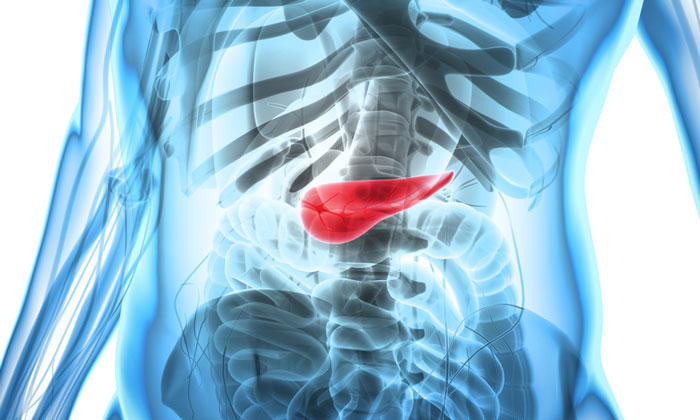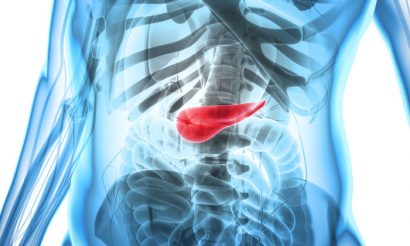NICE does not recommend Shire’s pancreatic cancer drug
Posted: 3 April 2017 | | No comments yet
The National Institute or Health and Care Excellence (NICE) has published final guidance that does not recommend pegylated liposomal irinotecan (Onivyde, Shire).


The National Institute or Health and Care Excellence (NICE) has published final guidance that does not recommend pegylated liposomal irinotecan (Onivyde, Shire).


This treatment is used for treating metastatic pancreatic cancer that has progressed after gemcitabine-based therapy.
There are almost 10,000 new cases of pancreatic cancer diagnosed each year in the UK. Only 3% of people diagnosed survive their disease for five years or more. Treatment options for treating metastatic pancreatic cancer are limited, and survival may be less than 6 months.
Pegylated liposomal irinotecan consists of tiny fat particles which contain the anticancer drug irinotecan. The fat particles accumulate in the tumour and release irinotecan slowly, stopping the cancer cells dividing and they eventually die.
An independent appraisal committee reviewed the evidence for pegylated liposomal irinotecan in combination with chemotherapy drug, 5-fluorouracil (5-FU) and leucovorin (LV) as it improves the effectiveness of 5-FU.
Cost effectiveness
The committee took into account all of the incremental cost-effectiveness ratio (ICERs) presented. It concluded that the ICER for pegylated liposomal irinotecan plus 5-FU and LV compared with 5-FU plus LV exceeded £100,000 per quality-adjusted life year (QALY) gained; however the committee noted that 5-FU plus LV is not used in clinical practice for the population under consideration in this appraisal. It considered the analysis comparing pegylated liposomal irinotecan plus 5-FU and LV with established clinical practice in the NHS – oxaliplatin plus 5-FU and LV. Although this analysis was subject to considerable uncertainty, the committee was confident that pegylated liposomal irinotecan plus 5-FU and LV is not deemed cost effective for routine NHS use.
Survival rate
It was concluded that pegylated liposomal irinotecan plus 5-FU and LV showed a statistically longer survival rate than 5-FU plus LV alone, with an overall median survival rate of 6.1 months versus 4.2 months respectively. However, compared with established clinical practice of oxaliplatin plus 5-FU and LV, it considered that the median overall survival would be similar. Despite this there were no additional gains in health-related quality of life over those already included in the QALY calculations.
This is a final appraisal determination for pegylated liposomal irinotecan. The company, healthcare professionals and patient/carer organisations now have the opportunity to appeal the decision.



